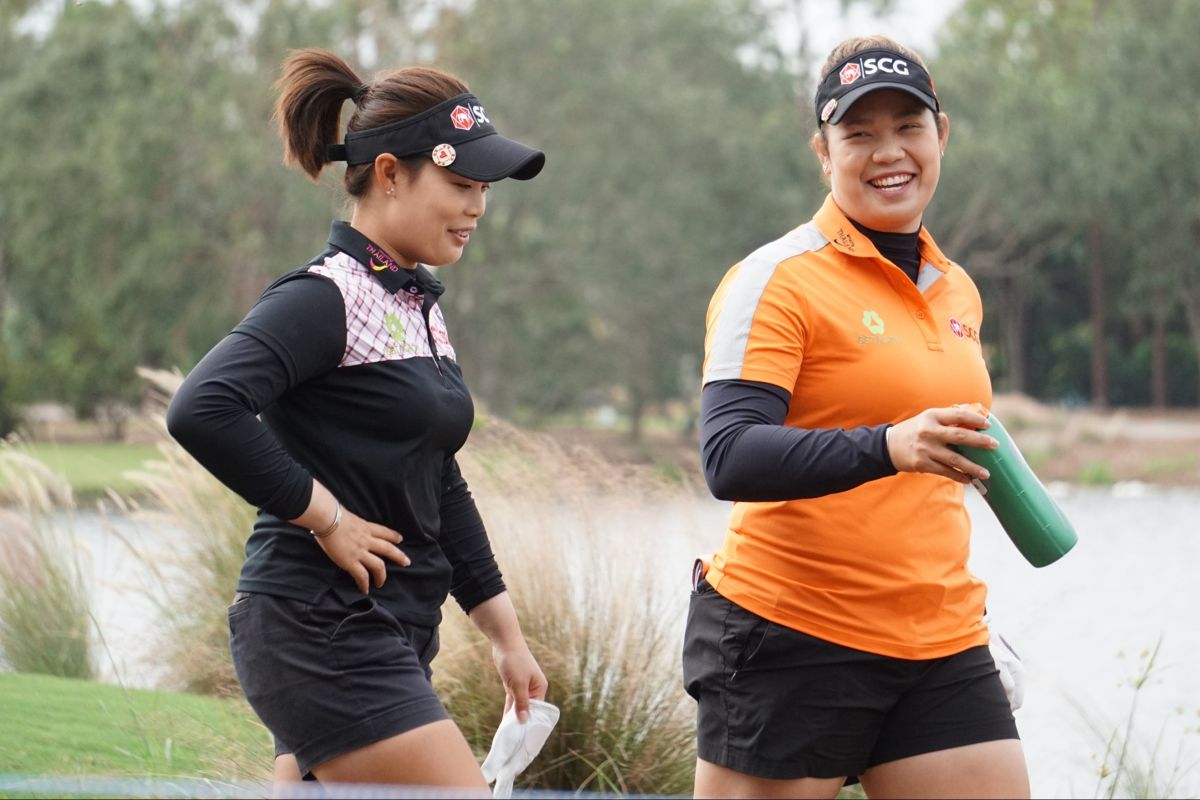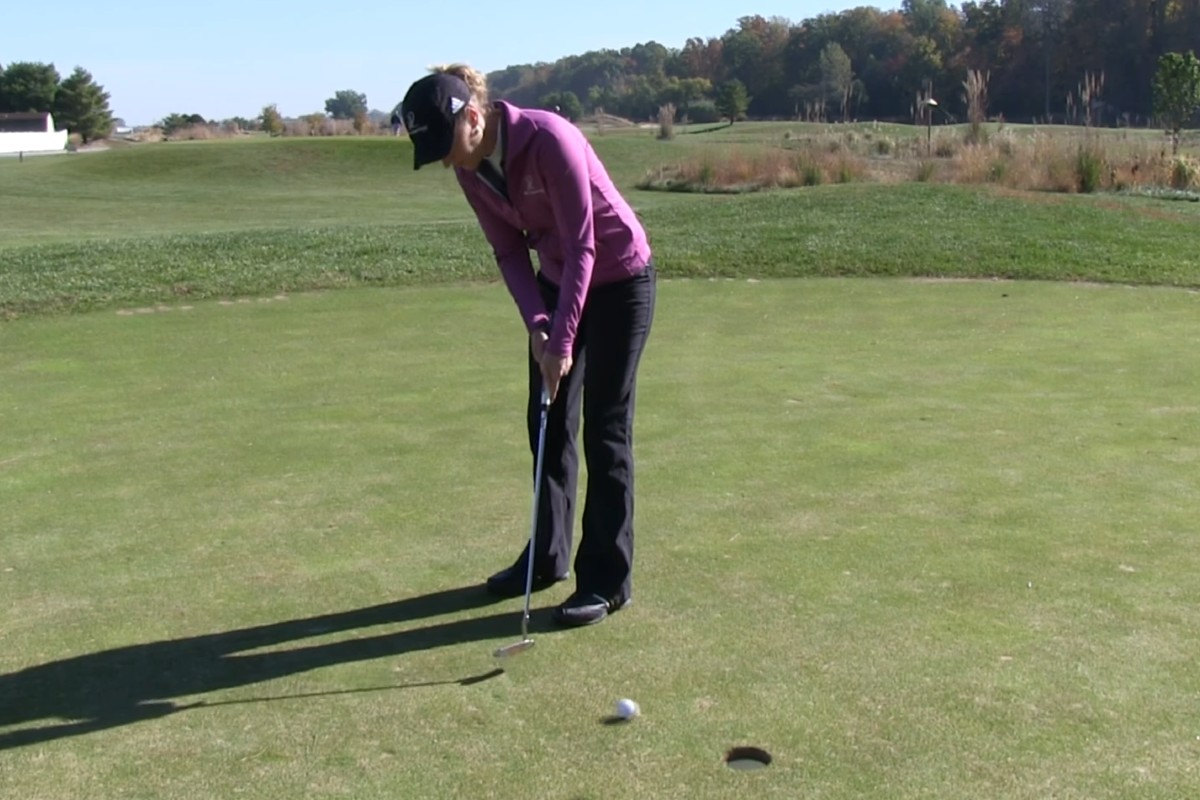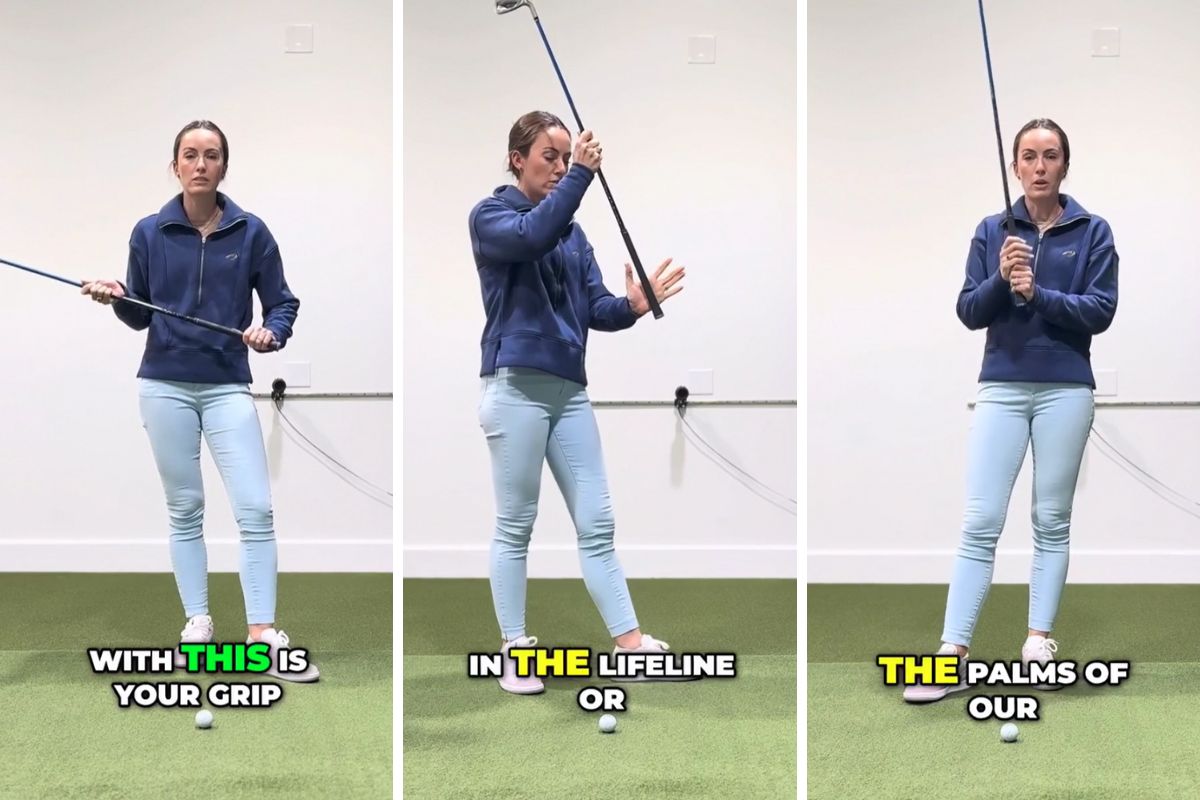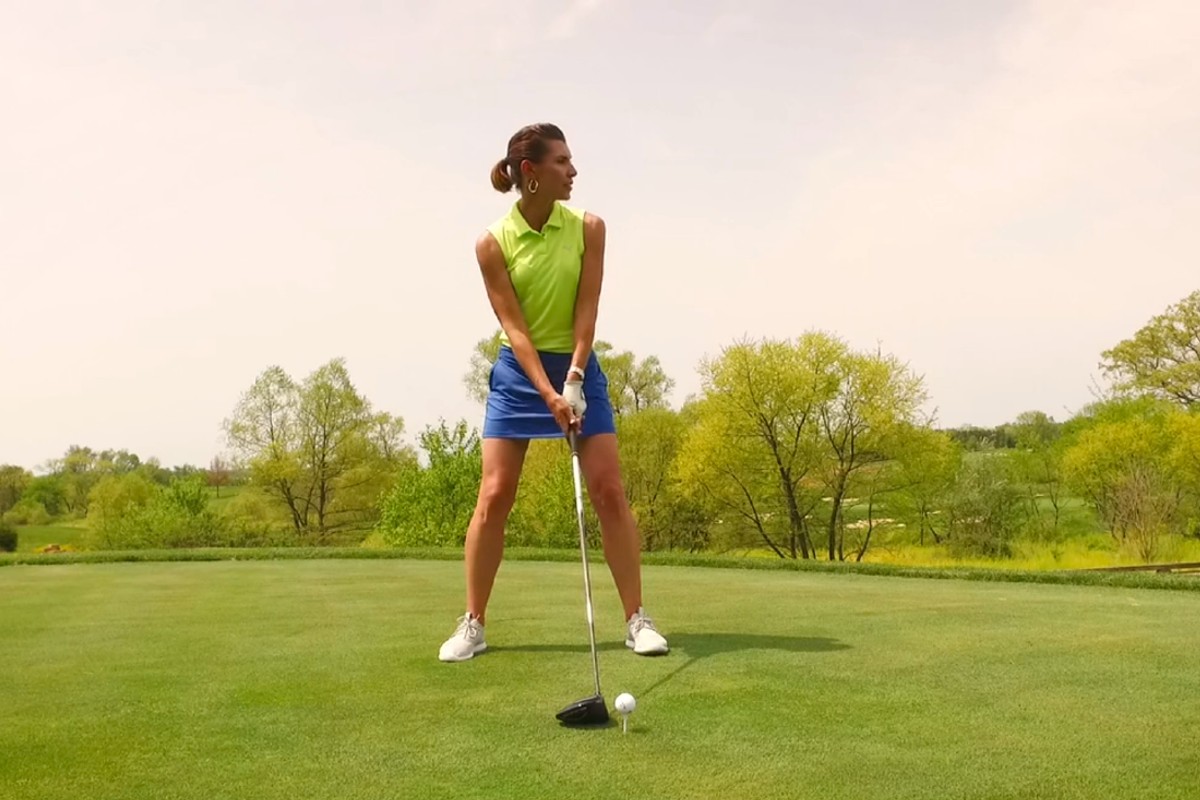Even with all of today’s technical advancements, golfers, in general, are underperforming and many get very frustrated playing the game. What is missing in their games to get golfers to play better and enjoy it more? In our opinion, golf has two sets of skills: technical skills and human skills.
You are not a robot playing golf; you are a human being. As a human being, you are variable from day to day and even during the day. Your body, mind, and emotions are dynamic, and the state of each influences your technique to a great extent. For example:
If your body is tight and sore – it might limit your rotation.
If your mind worries about the future – it might make your tempo too quick.
If you are getting frustrated because the pace of play is slow – it might make your grip pressure too tight.

Human Skills = Hidden Fundamentals
A deficiency of trained and practiced human skills shows up as a golfer with a solid-looking technique, or even a great ball striker, but one that can’t score. We often call the human skills of the game the “hidden fundamentals.” They are hidden because they are within one’s mental, emotional, and physical state. They are the interior of the human experience, so they can’t be seen as clearly and as obviously as one’s technique. For example, you can’t see a golfer’s self-talk on a screen, but there’s no question that it will most definitely influence and manifest a change in their technique.
Annika Sörenstam knew the importance if always committing to a decision. It’s a trainable mental skill. Pia would often ask her after round “how many shots did you fully commit to during the round?”. It means to stay committed to your club choice, where you aim, the shot you want to hit and what you want to pay attention to during the swing. Committing to decisions makes you hit more good shots and misses get tighter. Annika was a master at this skill
Ariya Jutanugarn knows that she needs to manage not to get tight in her upper body and not to be fully focused in the Play Box (when swinging or putting). When she doesn’t it right away shows up in a technical issue and a missed shot. It’s a trainable physical and mental skill.
Moriya Jutarnugarn knows that she is a perfectionist and can get too critical in the Memory Box (reaction to the shot). She pays a lot of attention to her emotional reaction after the shot and appreciates any great, good or good enough shot. It’s a trainable emotional skill.

Human skills always play a huge role in performance, but we don’t hear much about them in the golf world. They get wrapped up in words that are general and elusive, like “trust” or “process.” For this reason, golf instruction doesn’t pay much attention to them. More than 90 percent of articles on how to improve at golf are about technical skills. They’re good and necessary, of course, but they’re not the whole story. It’s time for human skills to be fully recognized.
At VISION54, we complement a golfer’s technique with the human skills. It’s about learning to manage yourself before a shot (Think Box), during a shot (Play Box), after a shot (Memory Box), and in between shots. We’ve found that any golfer at any level will improve when human skills are developed along with the technical skills.
The only way to learn the human skills is to explore options on the golf course. Below is one exploration for the Play Box, Think Box and Memory Box. In our book, “Be A Player,” there are nine holes of explorations after each chapter. You are unique as a golfer, and it’s important to discover what makes you play better.
Play Box: BE Focused!
Every shot requires you to be focused/present/athletic until the end of the motion. No more thinking. The shorter time you need, the easier it is under pressure.
Do: Play 3 holes and hold your finish for 3 seconds to make sure you are staying present until the end of the swing or stroke.

Think Box: BE Decisive!
Every shot requires you to make a decision in a confident way and to trust your decision about the club, shot and your Play Box. Also, it allows you to get present and engaged before stepping into the shot.
Do: Play 3 holes and say your decision about the shot in a confident manner before stepping into the shot or putt to make sure you have made a clear decision.
Memory Box: BE Confident!
For every shot, you want to manage what your brain stores as a memory. Be neutral/ objective to shots and processes you did not like. Be positive/happy with shots and processes that are great/good/good enough. Emotions make memories stick in the brain.
Do: Play 3 holes and feel emotionally happy for every shot that is good or good enough. Have no commentary on shots you don’t like.
We look forward to bringing you more articles on WomensGolf.com. In the meantime please visit us at vision54.com
Pia and Lynn

Lynn Marriott & Pia Nilsson are co-founders of VISION54, a breakthrough program, and golf school based at Talking Stick Golf Club in Scottsdale, Arizona. Lynn and Pia are internationally recognized, are the two highest ranked female instructors in America, and are both regularly featured among Golf Digest’s Top 50 Greatest Teachers.
VISION54’s Golf Schools, 54GOLF, have been awarded the “Best Golf School in America” multiple times. VISION54’s Coach Programs, 54COACH, have repeatedly received the highest marks by peers of training for teachers and coaches.
 Lynn and Pia have coached players to well over one hundred tour victories on the LPGA Tour, PGA Tour, European Tour, Ladies European Tour, and Japan Tour. They’ve coached nine different major winners and four #1 ranked players in the world.
Lynn and Pia have coached players to well over one hundred tour victories on the LPGA Tour, PGA Tour, European Tour, Ladies European Tour, and Japan Tour. They’ve coached nine different major winners and four #1 ranked players in the world.
They are the authors of four best-selling books, including their newest release Be A Player.
For more information on Pia and Lynn’s coaching philosophy, virtual learning and exercises you can use to improve your game, visit vision54.com and follow Vision54 online on Facebook, Instagram, and Twitter.










